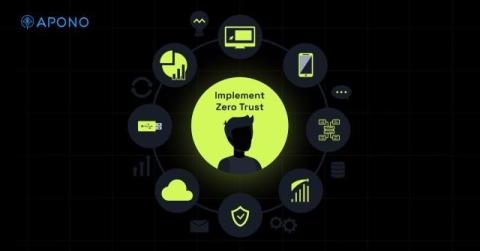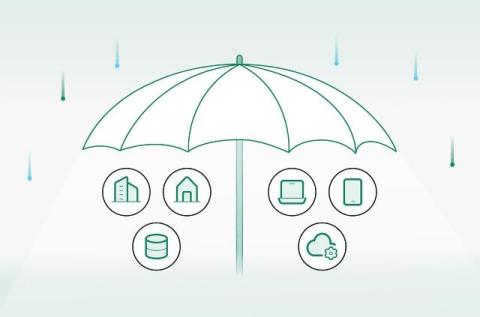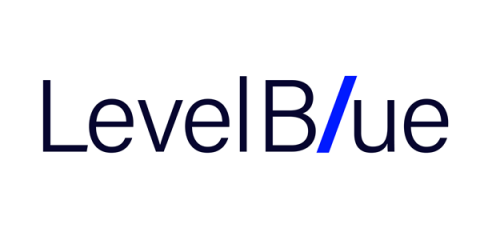WatchGuard Awarded in the 2024 TMCnet Zero Trust Security Excellence Award
For the second year in a row, TMCnet, a global, integrated media company, has recognized WatchGuard EPDR + Zero-Trust Application Service with a Zero Trust Security Excellence Award. The award recognizes the leaders and pioneers in the zero trust industry offering the most innovative and effective solutions.











